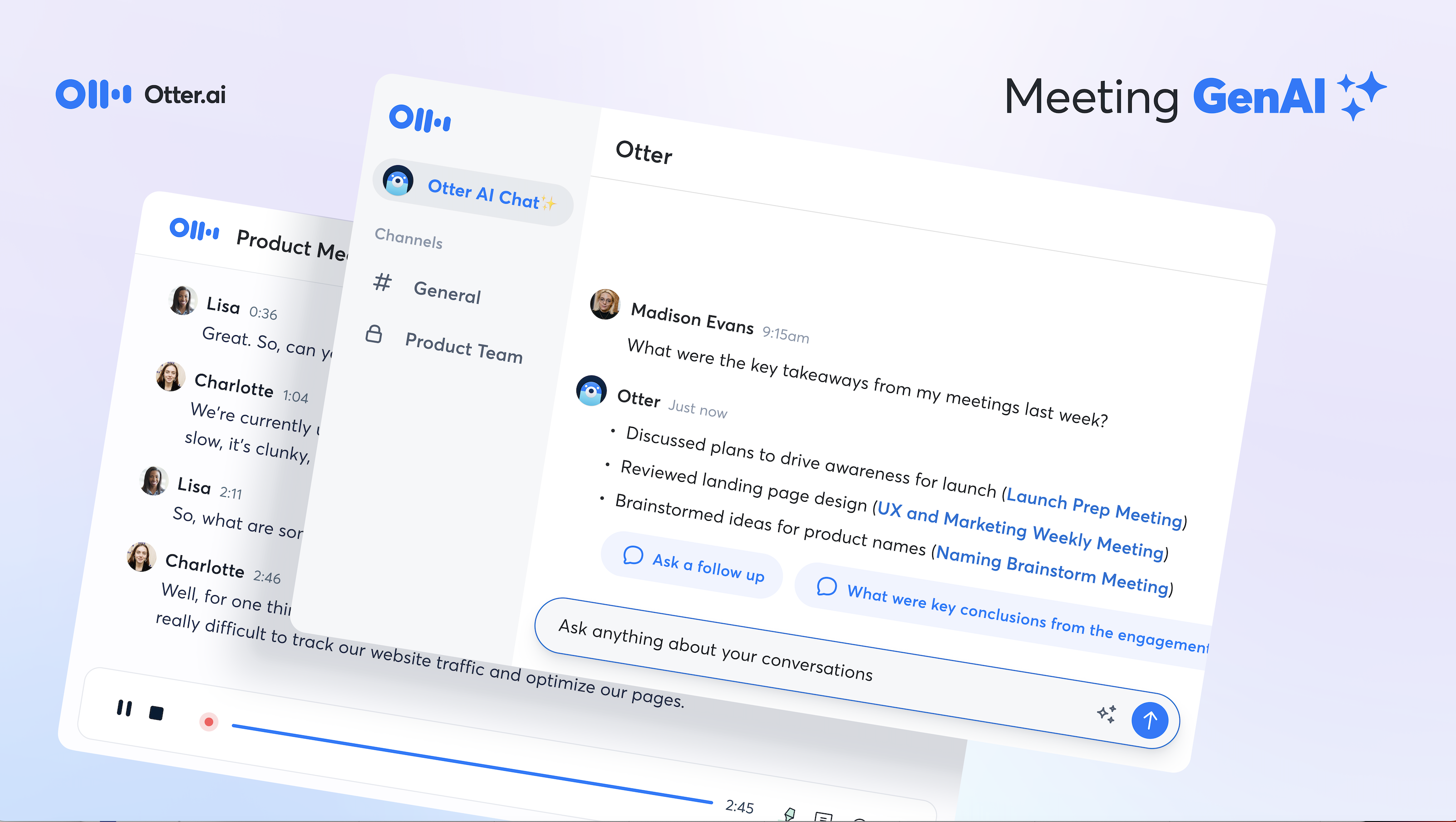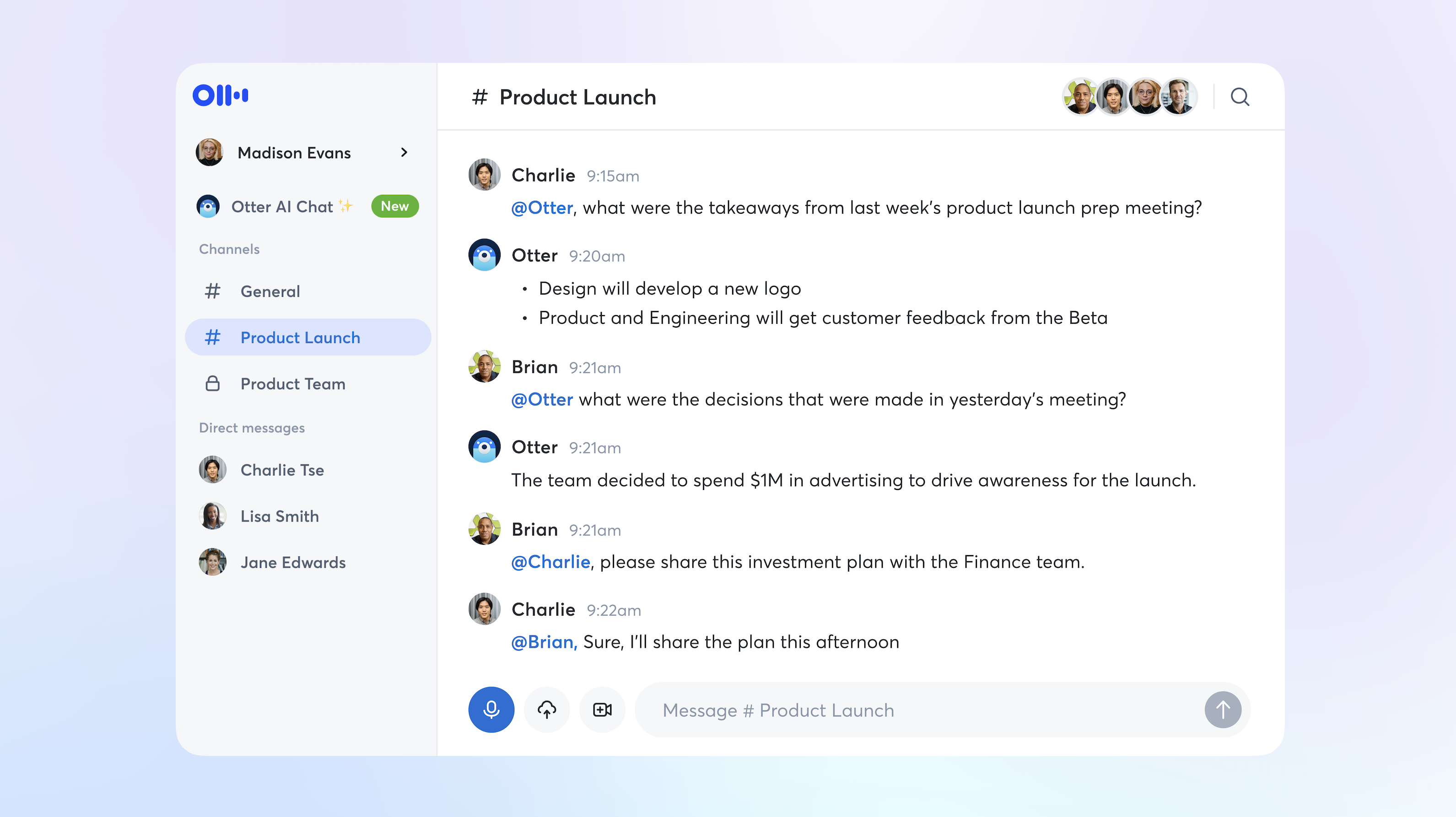In 1990, when the Americans with Disabilities Act (ADA) was enshrined into federal law, people with disabilities finally had comprehensive legislation protecting their civil rights. Modeled after the Civil Rights Act, the passage of the ADA meant that as a community, people with disabilities would be guaranteed inclusion, equal access and participation in areas such as education, employment, public accommodations (private businesses that serve the public including restaurants, hotels, theaters, doctors’ offices, amongst many other types of business), as well as telecommunications and other crucial aspects of society. No longer could the rights of people with disabilities be overlooked or brushed aside.
The ADA calls for “effective communications” and “reasonable modifications” in a wide variety of policies and practices, and to meet these standards, there has been tremendous development of assistive technology since the law was enacted. Assistive technology is an umbrella term describing the auxiliary aids, systems, and services that maintain or improve capacities to function and be independent for individuals with disabilities. This includes things like hearing aids, wheelchairs, prostheses, and communication and memory aids. According to the WHO, more than one billion people need one or more assistive products around the globe, however at present, only one in 10 people in need have access to assistive products.
Otter Voice Notes is an example of an emerging assistive technology app/online service. It transcribes speech to text in real time using artificial intelligence (AI) and offers superior accuracy than what people are accustomed to using similar services on their digital devices. Otter wasn’t initially intended for specific use by people with disabilities, but after we launched in early 2018 we began noticing that it was getting great praise by a wide variety of users with disabilities, and the executives of the company recognized the important purpose their product was serving. There was a strong response from people with disabilities who expressed gratefulness, specifically many who are deaf and hard of hearing (Deaf/HoH), along with others who have trouble taking notes due to attention deficit disorder or an inability to focus on note-taking during meetings or in the classroom environment. After seeing that Otter was having such a positive impact on people’s lives, the company began making a stronger effort to bring more awareness about its product to people with disabilities.
“We didn’t build a product with accessibility at the forefront, it came to us,” explained Seamus McAteer, Otter.ai’s General Manager for Revenue and Partnerships to a packed room of people who came to a recent event in Washington D.C. entitled, #innovationatwork, which showcased new assistive technology for people with disabilities.
But McAteer said that after people at Otter.ai began to notice certain tweets and online reviews about how Otter Voice Notes was changing lives, they took notice.
As one user exclaimed in a tweet: “Your transcription app is a go-to for my deaf wife. She uses it to follow group conversations with the family … it’s miles ahead of any other accessibility app.”
Otter.ai was selected by the USDA TARGET center to present the AI-powered Otter Voice Notes to the federal agencies on May 15, 2019
Another user offered similar praise in a review: “Thank you for creating this app, it’s what the Deaf and hard of hearing need. I wasn’t expecting much from it as previous apps I had tried had been terrible. About five minutes into using your app, I became convinced that this app is revolutionary: I was blown away by the speed and accuracy of the transcriptions.”
People in the audience at the #innovationatwork event, which was held at the U.S. Department of Agriculture (USDA) Technology & Accessible Resources Center, were impressed with the live demonstration of Otter Voice Notes. One person who is hard-of-hearing and works on accessibility issues for people with disabilities for the U.S. government, asked for the microphone halfway through McAteer’s talk, and commented with great enthusiasm how Otter Voice Notes had made such a big difference at a meeting he attended recently. Others wondered out loud about other possible uses for Otter, like as a tool for archiving as Washington D.C. is an important center for archiving.
Otter.ai was invited to the event by USDA Assistive Technology Program Manager, Todd Betteker, who reached out to the company to speak after he found what Otter did to be so useful.
“I invited Otter because as I was recommending this to more and more employees, I was just getting like this incredibly positive feedback,” Betteker said. “They were just like, ‘Wow, this is working really well. I’m using this in meetings and the accuracy of the text is more than like I anticipated.’ So, I thought why don’t we invite Otter to our next showcase and really show it off? When Seamus was presenting today, it had to have been like 90 percentile accuracy of the text coming up on the screen. I can see it helping out a lot more people in the United States Department of Agriculture and within the United States federal sector as well.”
“It was incredible, we had at least like half a dozen different federal agencies in there,” Betteker stated. “And you could tell by the reactions on people’s faces how excited they were getting that a service like this could be used for potential future broadcasts and live transcribing.”
Accolades for what Otter Voice Notes means for accessibility purposes also recently came from none other than a co-author of the ADA, former Congressman and U.S. Secretary of Transportation Norman Y. Mineta, after he saw what Otter can do during a meeting in Washington.
“Having just been introduced to the Otter technology, I was very, very blown away by its ease and the thoroughness of which you can replay, and listen to what was going on,” Mineta said enthusiastically. “That kind of productivity is really important, especially for people who are hard of hearing or deaf, who want to be included and want to be given the same equal access in a meeting where people are talking and not there isn’t an’s no ASL interpreter.”
At the #innovationatwork event, McAteer relayed an anecdote about how Otter recently made a difference for deaf and hard of hearing students attending Michelle Obama’s College Signing Day event held at UCLA. Without enough notice to get a CART (Communication Access Real-time Translation) system in place, the head of UCLA’s disability services turned to Otter to deliver automated captioning for a fraction of the cost.
A full-featured free product with up to ten hours of recording each month means that Otter is truly accessible to all. The paid version is only $10 per month per user for a premium account and includes up to 100 hours of recording monthly support for custom vocabulary, and bulk upload of audio. Accessibility is a key selling feature for Otter for Teams in a number of institutions, particularly in education where it is becoming a standard technology used to empower students who would otherwise be reliant on volunteer note-taking. As accessibility has become a primary reason for using Otter, it is now becoming an important consideration in all decisions regarding product design. Our objective is to create a leading edge service that is useful for all and, as a result, carries less or no stigma for those who are living with disabilities who rely on it as an accessibility tool.
“Otter.ai is focused on making a service that is universally useful. When we saw the meaningful difference Otter s making for people living with disabilities part of our purpose has shifted as we’ve become conscientious about the reality that we are improving lives in a profound way.” Said Sam Liang the company’s CEO.







